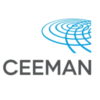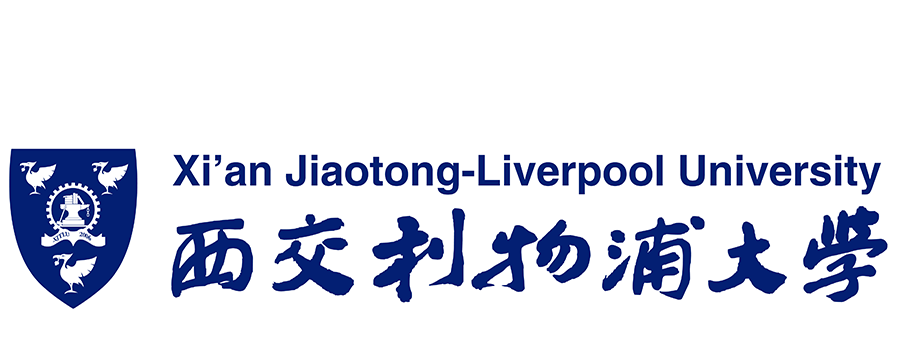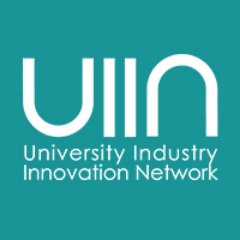Editors: Kemi Ogunyemi and Adaora Onaga, Pan-Atlantic University, Lagos, Nigeria
Email addresses: kogunyemi@lbs.edu.ng, aonaga@pau.edu.ng
Publishers: In review with Emerald Publishing
Please send a 200-word chapter proposal to the above email addresses by August 15, 2021.
About the Book
Title: Responsible Management of Work Value Shifts Post Covid-19
Summary: The Covid-19 pandemic is leaving an indelible mark on history. This book aims to reflect on past and present events influencing its global impact and the shifts towards new directions in responsible management of human relationships and workforce dynamics. Future adaptations to heighten responsibility are explored and recommendations are proffered.
Full Description
Covid 19 has deepened the VUCA (volatile, uncertain, complex and ambiguous) context of the world we live in globally and thus heightened the need for responsibility, accountability, and ethics in the use and management of resources for the common good of all humanity. Big value shifts have taken place both at individual and collective levels – families, companies, communities, countries, etc. New and wicked problems emerged and tested the moral mettle of many – physically, emotionally and spiritually. While the pandemic has had (and continues having) unprecedented effects on our personal and professional lives, it has surfaced physical, emotional, and spiritual gaps and strengths which may have been previously unappreciated. These changes have had a direct impact on the workforce especially with businesses and healthcare. There is however, no aspect of the globalized society that has been left untouched. Thus, it can be considered a special pandemic which is not only relevant to the present but has future implications and will benefit from lessons from the past. For this reason, in this project, we start with a study of past major pandemics and epidemics in relation to their influence on workplace dynamics. This influence is theorized to be at the same time positive and detrimental to development. An analysis of the reasons for growth or otherwise can help with understanding and directing the future post Covid 19.
The pandemic has forced the rapid actualization, worldwide, of a digital potential that was already considered to be speedily developing. However, the progress already made shows that there is still potential for even swifter technological progress to directly and positively impact personal, professional, and social lives while minimizing externalities. The resulting accelerated progress has led to hybrid work models, the automation of services previously provided by human individuals, and the pressured acquisition of new skills and tools in a relatively short time – in all these, responsible management has sometimes taken a hit. We are interested in unpacking what has happened during the period and also in the future directions of this shift in technological skills and ways of thinking about the workplace and work values. Our interest is particularly directed at organizations that have borne the direct impact of changes with Covid and the health sector responsible for its control and prevention. What did it mean and what does it mean to have responsible management in these new circumstances? Where gender equity, social responsibility, and responsible taxation of businesses were previously relevant before the pandemic, what direction should these discussions be taking?
The future of our post-Covid world is of primary concern. It requires active agency to ensure that it is a world that places work in its right context for growth and development and this entails greater responsibility for those who control and distribute resources or make decisions that affect them. How this is achieved will be influenced by the personal and organizational preparation to make it happen. What impact will the workplace shifts have on our physical, psychological, and spiritual health?
The final section of the work looks at the generational impact, relevant virtues, and the physical, psychological, and spiritual adaptations that may be necessary for directing workplace shifts to a wholesome and fulfilling one for humanity. In the wake of Covid 19, the book will aid businesses by providing further insight into the changes that have been caused by the pandemic and how to proactively and responsibly react to them. It will reinforce the efforts they are already making in this regard and broaden their perspectives and provoke them to think outside of the box to do things right. The case studies showcase best practices to guide others who wish to act responsibly. There is an intentional focus on the future of work and management which are rapidly evolving and require deep reflections about their direction and its quality.
Tentative Table of Contents: Please send a 200-word chapter proposal, dealing with or related to the themes below, to the editors’ email addresses (as above) by August 15, 2021.
Section 1- Pandemics and Workplace Dynamics: A Longitudinal Perspective (Taking the long view)
- Past epidemics, moral questions raised, and their historical impact on development
- Ethical leadership in crises and pandemics – a dilemmatic review
- Shifts in CSR and sustainability imperatives over the years due to ‘natural disasters’
- The impact of pandemics on governance and public services
Section 2- Covid-19 Impact on Businesses and Organizations (Systemic responsibility)
- Applying ethical theories and principles in unusual situations – practical approaches to decision making
- Responsible people management and fairness during Covid 19
- Working from home and the dynamics for gender equity and the digital divide
- Expat quotas, knowledge transfer dynamics and work from home
Section 3- Responsible Healthcare: Gains and Challenges with Covid 19 (Health in crisis)
- Resource management and healthcare accountability with Covid 19
- New perspectives in occupational health and safety for businesses
- Responsible personal care and the logic of lockdowns
- Triaging and managing Covid – ethical decision-making
- Covid vaccinations and moral questions (production, inclusivity, etc.)
- Health and business intersections – profitability and the common good
Section 4- People Management in Fluid Workspaces: Transplanting Corporate Values and Ethical Culture into the New Normal (Recreating responsibility)
- Developing resilient people and upskilling
- Work ethic from home – (mis)trust and (dis)honesty
- Tensions and solutions in upholding organizational culture and values; challenges to resilience
- Responsible private-public partnerships for the pandemic – guiding principles for collaborations
Section 5- Directing the Future of Work Value Shifts Responsibly (Work value shifts and the future)
- Flexibility as virtue (or vice) in future work dynamics
- Generational impact for the future of responsible management of the generations
- Preparing for the next pandemic – legacy learnings
- Psychological needs for future work value shifts
- Dealing ethically with legal restrictions and the implications of contractual failures
- Protecting against abuses of trust – private, public, NGOs, media actors; future trust issues
- Religion and spirituality in management in a post-Covid world
There is an intentional focus on the future of work and management, which are rapidly evolving and require deep reflections about their direction and its quality. Please send a 200-word proposal to kogunyemi@lbs.edu.ng by August 15, 2021.








